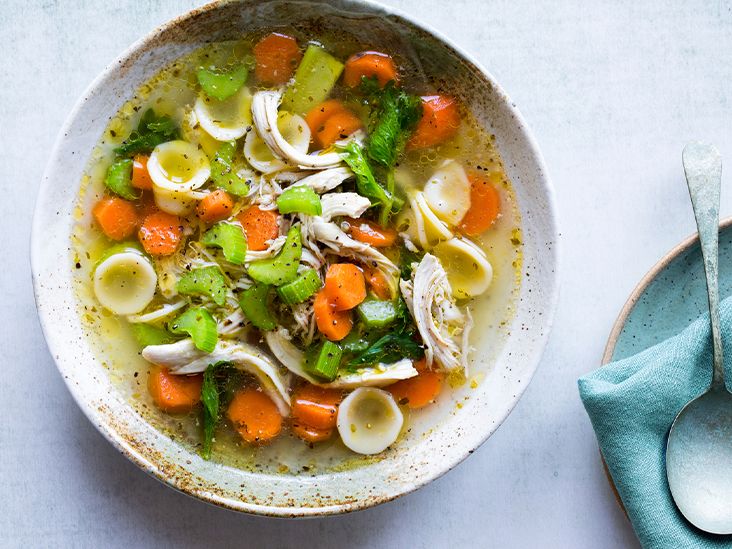What to eat when you have typhoid, what not to eat?
Summer and rainy season are also the time of infection of many communicable diseases as it is the season when various viruses and bacteria are active. Typhoid is one of the communicable diseases that occur in summer.
Typhoid is a type of fever that usually occurs in summer. Once the bacteria of the Salmonella group enter the human body, it causes typhoid. There are many types of bacteria of the Salmonella group, but Salmonella typhi and paratyphoid bacteria are found in large quantities in patients with typhoid. The germs of this disease, which are caused by consuming contaminated water and food, are more active in summer and rainy season.
Symptoms of typhoid
Stomach and headache, sudden high fever, vomiting, excessive sweating and constipation or diarrhea are the symptoms of typhoid. If severe typhoid persists for a long time, there is a possibility of a hole in the intestine.
Treatment
In the treatment of typhoid fever reducing drugs are used along with antibiotics. Do not self-administer antibiotics when you have typhoid. It should be properly examined and treated with the doctor's advice. After two days of taking antibiotics, patients experience mild relief, which is why some people stop taking the antibiotic without completing it. In doing so, the problem may flare up again if the medicine does not reduce it properly. Therefore, according to the doctor's advice, the full amount of medicine should be taken.
Avoidance
Special attention should be paid to cleanliness to avoid typhoid. Boil the water thoroughly and drink it only after it cools down. Fruits and raw foods should be eaten only after washing them thoroughly and washing hands thoroughly before eating. Do not eat outside food, stale raw and rotten food. Also, to avoid typhoid, children between 15 months to 15 years of age should also be vaccinated against typhoid.
What to eat in typhoid?
Typhoid fever can cause diarrhea, due to which the body is cleansed. So drink plenty of water. You should drink at least three liters of clean water and you can also drink coconut water and lemon water.
During typhoid, intake of carbohydrate foods should be increased. High carbohydrate foods are easily digested and provide energy to the body. Carbohydrate foods like lentils, rice, potatoes should be included in the diet.
Weight loss during typhoid infection. Therefore, you should eat enough food to meet your caloric needs. Consuming enough calories in the form of easily digestible food will reduce stomach pain. Bananas, potatoes, whole grains etc. should be included in the food.
Foods rich in Omega 3 reduce swelling during typhoid fever. The typhoid diet chart should include foods rich in nutrients and omega three fatty acids. Omega 3 fatty acids can be obtained by consuming eggs, soybeans, etc.
Typhoid patients may have protein deficiency during fever. For adequate protein, it is advisable to consume dairy products such as curd, milk etc. in the diet. The good bacteria in curd reduces intestinal inflammation and makes bowel movements easier.
What not to eat?
Special attention should be paid to the diet given to the patient during typhoid fever. In such a case, high fiber foods should not be given in the diet. For example, foods like wheat bread can damage the patient's digestive system and take a long time to digest.
Raw vegetables and fruits during rainy season are not good for our health. It is advisable not to give such foods to typhoid patients. Because such kind of raw vegetables contain many bacteria and viruses, which can easily enter the body when eaten. Therefore, any green vegetable should be cooked well and eaten.
If a typhoid patient eats spicy food, the intestines may swell. The patient should stay away from chili, pepper, vinegar, sauce, salad, canned fruits and vegetables. In case of typhoid, one should not eat too much fried food. These foods are difficult to digest and put pressure on the stomach.
Some vegetables like cabbage, broccoli and cauliflower cause gas and bloating. It increases the pressure on the stomach and can affect the overall health, so it is better not to consume such vegetables when you have typhoid problem.

Comments
Post a Comment
If you have any doubts. Please let me know.